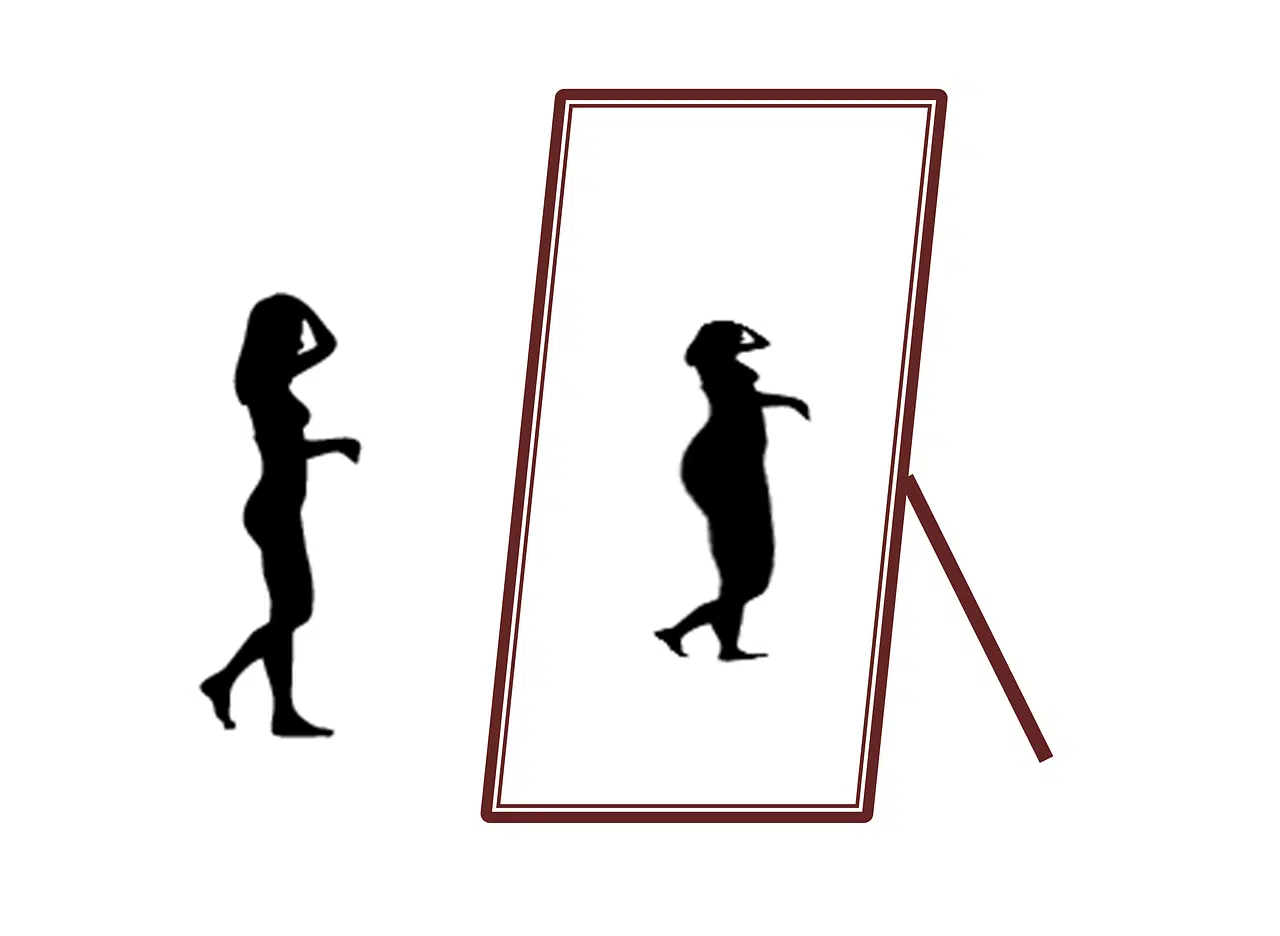
The psychology expert must have empathy and develop active listening when carrying out a psychological evaluation.
Psychology is the discipline that investigates the mental processes of people and animals. The word comes from the Greek: psycho- (mental activity or soul) and -logy (study). This discipline analyzes the three dimensions of the aforementioned processes: cognitive , affective and behavioral .
Modern psychology has been responsible for collecting facts about the behaviors and experiences of living beings , organizing them systematically and developing theories for their understanding. These studies allow us to explain their behavior and even, in some cases, predict their future actions.
Those people who develop the study of psychology are called psychologists , who analyze the behavior of living beings from a scientific approach. Sigmund Freud , Carl Jung and Jean Piaget are considered some of the pioneering psychologists.
Psychology study methodology
The study methodology of psychology is divided into two large branches: the one that understands this discipline as a basic science (also called experimental ) and uses a scientific-quantitative methodology (contrasts hypotheses with variables that can be quantified within the framework of an environment of experimentation), and another that seeks to understand the psychological phenomenon through qualitative methodologies that enrich the description and help understand the processes.
There are many psychological currents, but surely the best-known school of psychology is cognitive , which studies the act of knowledge (the way in which the information received through the senses is understood, organized and used). Thus, cognitive psychology studies functions such as attention, perception, memory and language.
Theory and applications
Psychology can be divided into basic psychology (its function is to generate new knowledge regarding psychological phenomena) and applied psychology (its objective is to solve practical problems through the application of the knowledge produced by basic psychology).
On the other hand, it is necessary to clarify that psychology is a science in constant development: given the social and moral conditions, it is transformed based on the maturity of societies over time. Currently, psychology is segmented into several branches, which are connected insofar as they try to answer the same thing: the why of actions and the effects that experiences can have on a living being or group to condition its existence.
In its intention to positively influence mental health, psychology offers different types of therapies, generally linked to different currents or branches. At a general level, these treatments are called psychotherapies .
Psychoanalysis , for example, is a therapy that aims to explore the patient's unconscious through the technique of free association . In psychoanalytic therapy, psychoanalysts also resort to the study of failed acts and appeal to the interpretation of dreams.
Cognitive-behavioral therapy aims to modify harmful attitudes, thoughts and behaviors through various procedures and strategies. Gestalt therapy , which is classified as a humanistic therapy, seeks to free the patient from emotional blockages, focusing on the present and considering the person as a whole in their connection with the environment.
Fighting stress and depression, controlling anxiety and improving self-esteem are some of the goals that therapy can set. It is important to mention that psychological intervention can be carried out both individually and collectively (as in the case of couples therapy , family therapy or group therapy ).

Anorexia nervosa, bulimia, sleep disorder and social phobia are some of the problems that psychology can treat.
Branches of psychology
Physiological psychology is the branch of this science that is dedicated to studying the functioning of the brain and nervous system. Experimental psychology , meanwhile, studies perception and memory using specific laboratory techniques that help discern human behavior in this aspect.
Social psychology is the branch that is responsible for analyzing the influences that the social environment has on an individual, which are studied based on the reactions that that individual has to the experiences that happen to them. Industrial psychology is the part of psychology that studies the work environment of a group of workers and tries to find ways to understand what can be harmful within the activity that is carried out, seeking solutions to those problems.
Clinical psychology , on the other hand, is the branch that is responsible for studying and helping those people who have trouble facing their lives normally, as a result of a mental disorder or a particular condition.
Evolutionary psychology or developmental psychology analyzes how people change as their lives progress, while educational psychology studies the changes specifically associated with the link between the individual and educational institutions.
Neuropsychology , likewise, arises from the combination of neurology and psychology itself. Personality psychology , for its part, examines how the way of being varies in each subject.
Behavioral psychology (focused on how the environment influences individual behavior), humanistic psychology (which looks at the person in a global way) and positive psychology (oriented to the study of virtues, strengths and well-being) are others. branches of psychology.

In the field of psychology, brief therapy is a concise treatment that aims to offer short-term solutions.
Spirit and subjectivity
In conclusion, psychology can be understood as the science that deals with issues that concern the spirit and the way of feeling of an individual or a people, considering their moral aspects and the way in which they interact with the environment.
In other words, it focuses on the study of subjective life and the relationships established between the psychic and physical aspects of individuals (feelings, ideology, reactions, tendencies , instincts, etc.).
